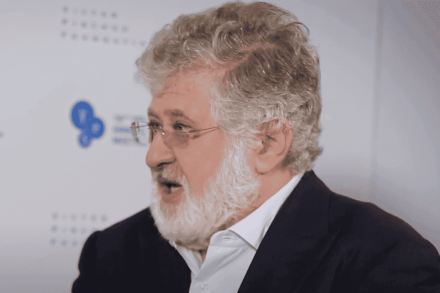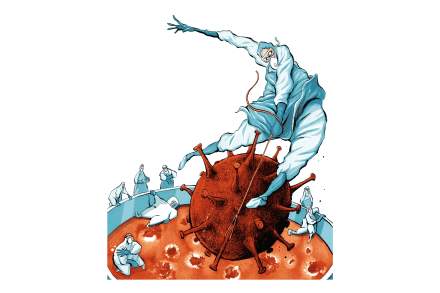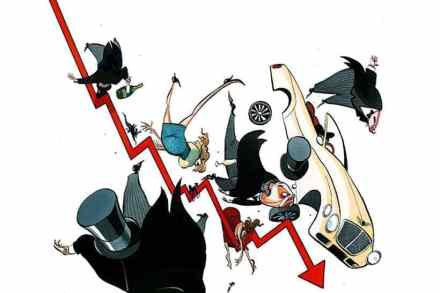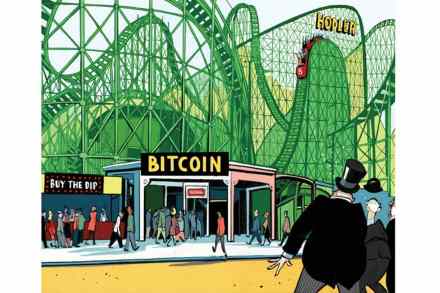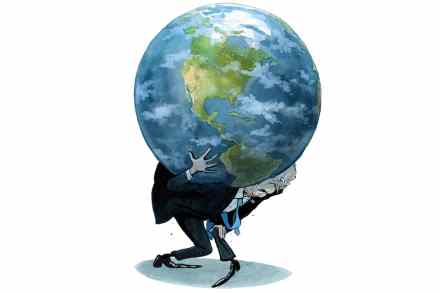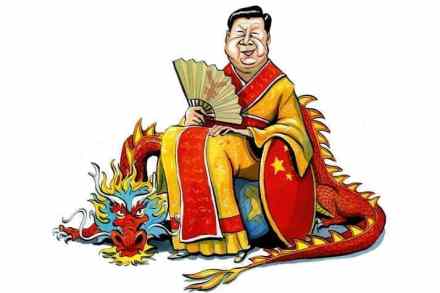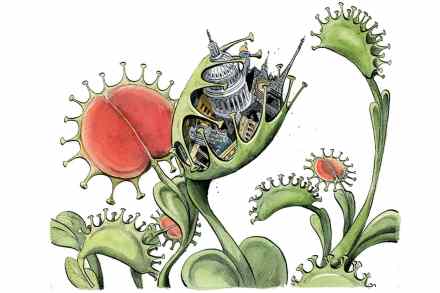Who is Ihor Kolomoisky?
The city of Cleveland, Ohio, is hardly considered the most cosmopolitan or globalised city in the U.S. If anything, the Rust Belt city – whose population is less than half of what it was a century ago – is a symbol of industrial decline across America’s heartland, for a region whose best days are clearly behind it. Which is why, as other major American cities like New York or Miami opened their doors to all kinds of oligarchic money out of places like Russia or Ukraine, Cleveland hardly got any attention as a destination for the kinds of illicit wealth spilling out of the former Soviet Union. Investigators searched out
